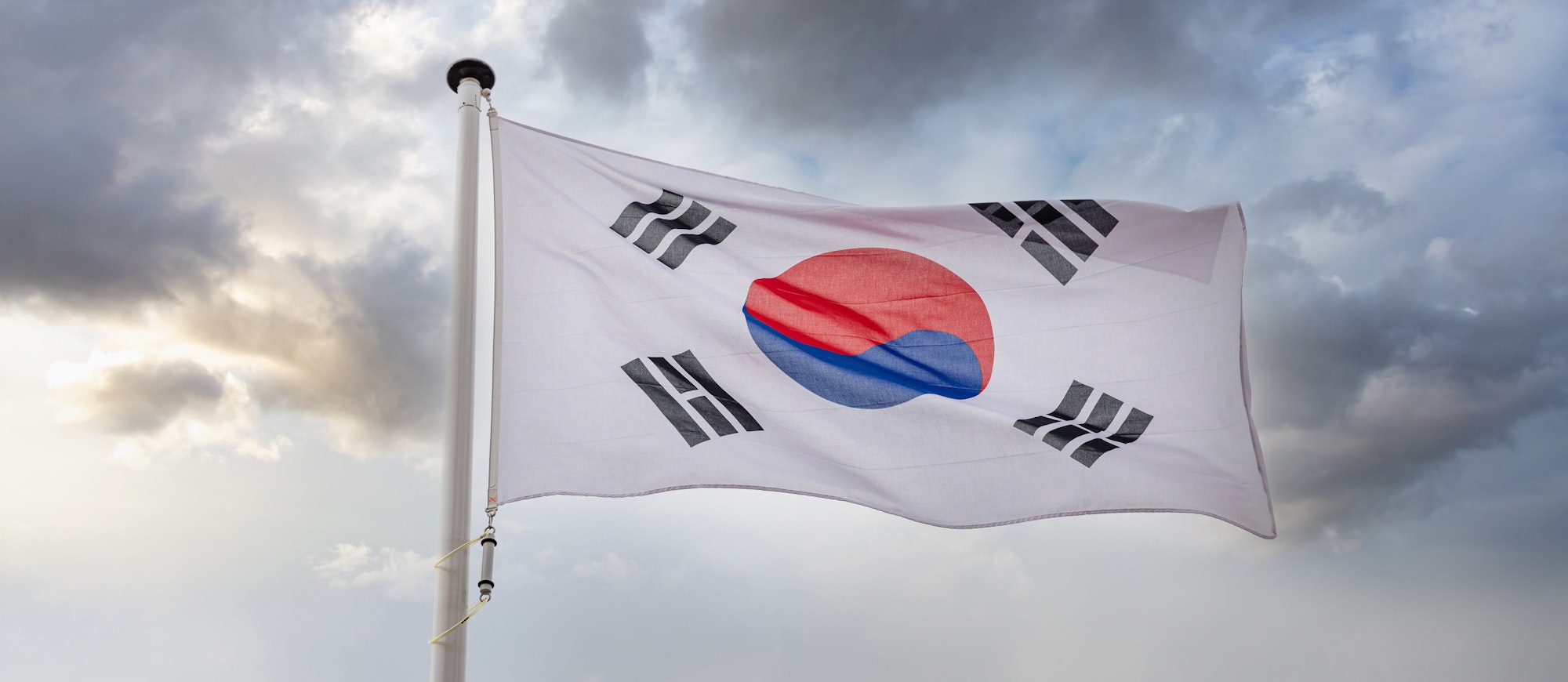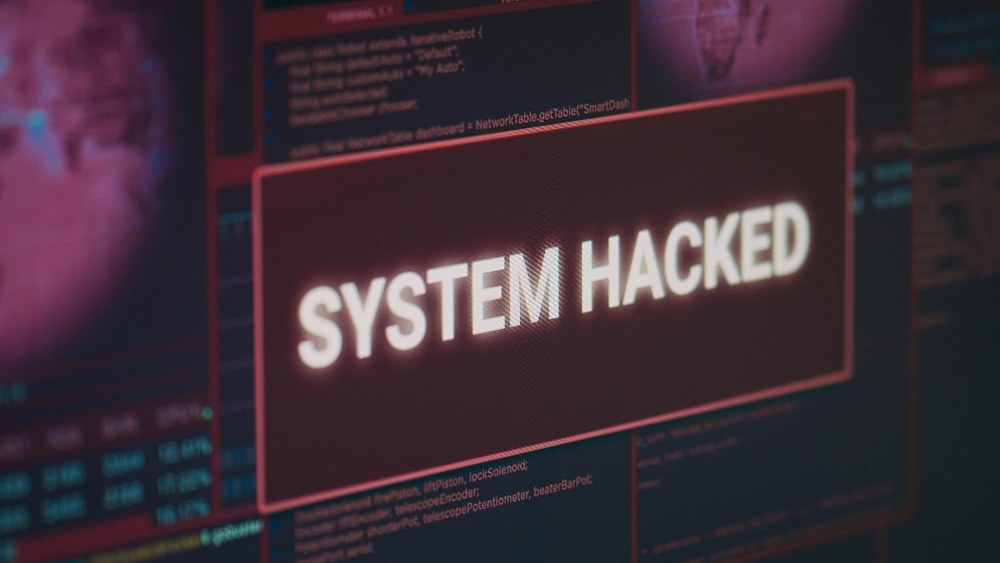Chinese robotics firm AI² Robotics has launched ZhiCube, described as a modular embodied AI service space integrating humanoid robots into public venues. The concept debuted in Beijing and Shenzhen, with initial installations in a city park and a shopping mall.
ZhiCube places the company’s AlphaBot 2 humanoid robot inside a modular unit designed for service delivery. The system supports multiple functions, including coffee, ice cream, entertainment, and retail, which can be combined based on location and demand.
At the core of the platform is a human–robot collaboration model powered by the company’s embodied AI system, GOVLA. The robot can perceive its surroundings, understand tasks, and adapt its role dynamically during daily operations.
AI² Robotics says the system adjusts work patterns based on foot traffic, allocating tasks between robots and human staff as demand fluctuates. Robots handle standardised services, while humans focus on creative or complex activities.
The company plans to deploy 1,000 ZhiCube units across China over the next three years. It aims to position the platform as a scalable urban infrastructure, supported by in-house manufacturing and long-term operational data from multiple industries.
Would you like to learn more about AI, tech, and digital diplomacy? If so, ask our Diplo chatbot!










